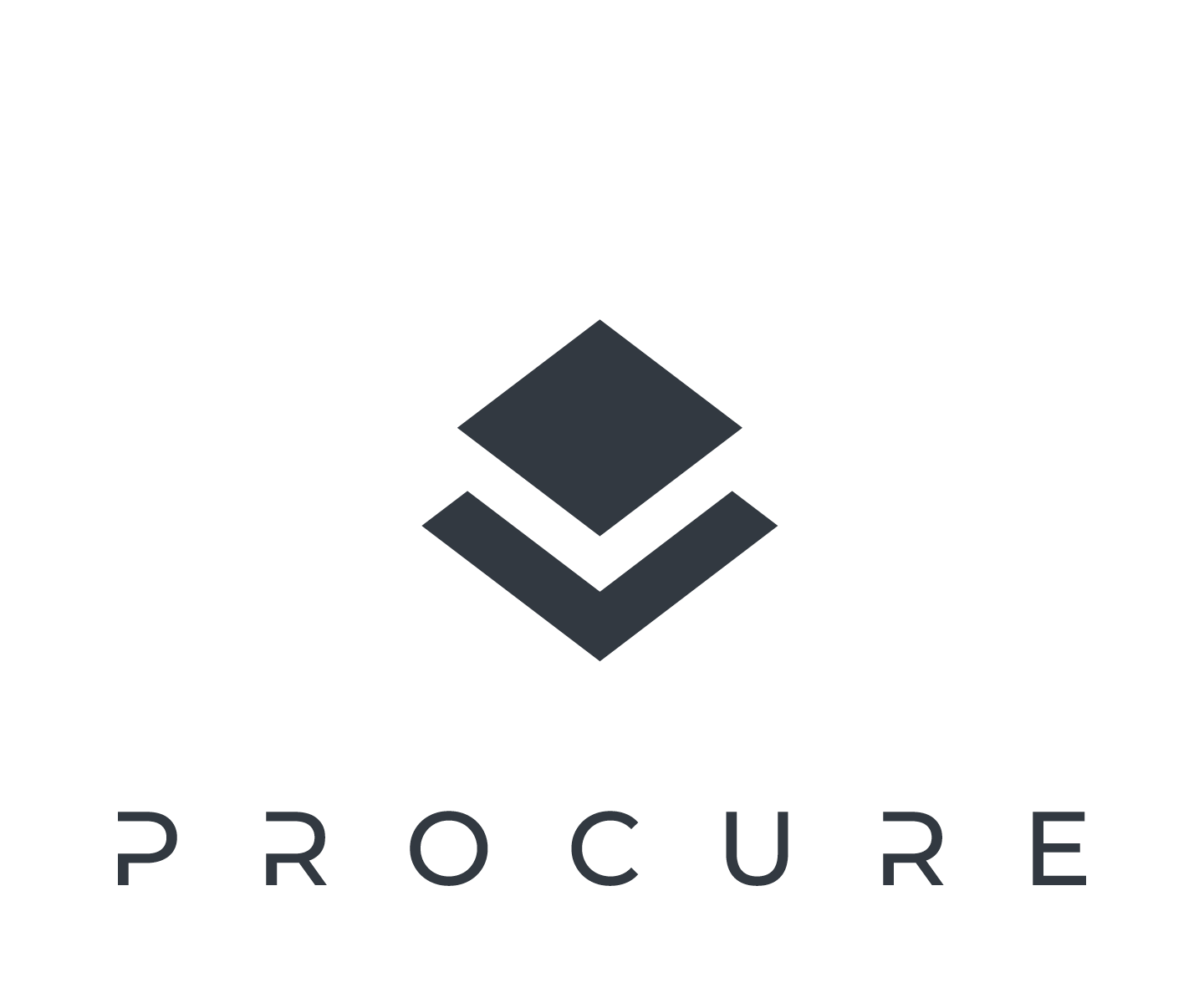THE OBSERVATIONAL STUDY
Laying the Groundwork for Change
The Observational Study is a foundational component of the PROCURE project, providing essential data on healthcare procurement practices across Europe. Involving 148 healthcare organisations—including suppliers, contracting authorities, private procurers, and healthcare institutions—this study captures diverse perspectives of procurement. The findings are summarised in ID Cards for each country, allowing for a comparative analysis that reveals both shared trends and unique national dynamics.
To standardise and effectively organise this data, Resah designed an ID Card template. This tool enabled each Country Leader to classify and structure the data collected, item by item, into a cohesive document. These ID Cards served as working documents for RESAH’s final consolidation process. Each Country Leader submitted a drafted ID Card for their respective country, totalling 10 ID Cards, which collectively provided a comprehensive overview of European healthcare procurement practices.
Download area
The “Observational Study on European Healthcare & Public Procurement Environment" is a public report that combines the methodology process of the PROCURE Observational Study, the Identity Cards (ID Cards) and a comparative analysis from the 10 Member States involved in the PROCURE project (Austria, Belgium, France, Greece, Hungary, Italy, Portugal, Romania, Spain and Sweden).
Each ID Card is a country-specific factsheet that compiles key qualitative data on three main areas : the national healthcare system, the public procurement environment, and procurement practices, including Covid-19 impacts. Using a standardized format and methodology, the ID Cards ensure consistency across Member States, while acknowledging variations due to national specificities. As the final output of the Observational Study, they serve as valuable reference tools for understanding healthcare and procurement systems across Europe.
The Comparative Analysis offers a comparative overview of healthcare procurement practices across 10 European countries. It highlights innovative, sustainable, and security of supply approaches used by buyers, includes insights from suppliers, and draws key lessons from the Covid-19 crisis. A valuable snapshot of current trends and best practices in public healthcare procurement in Europe.


